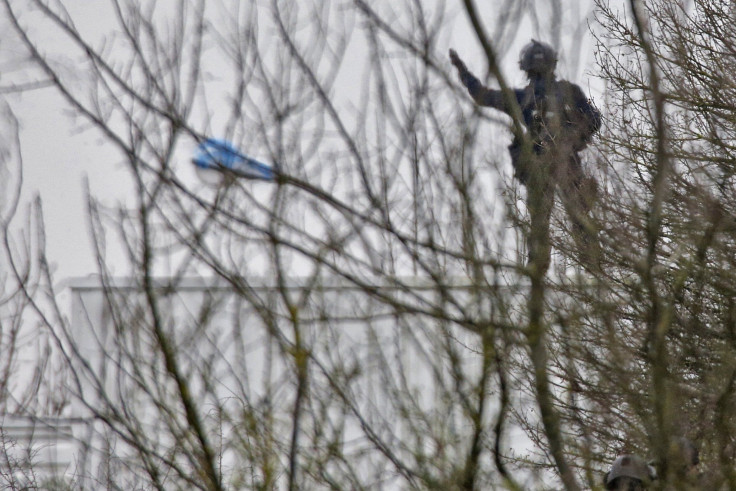Start Spreading The News: What You Should Read Today [01/09/15]

The manhunt for the two brothers suspected of the Charlie Hebdo shooting, which killed 12 people, continued Friday. Brothers Cherif and Said Kouachi are in a standoff with police and the suspects have taken a hostage in the town of Dammartin-en-Goële.
The search for AirAsia Flight 8501 took a positive turn when pings from the plane's black-box recorders were detected near the area where the aircraft's tail was found.
Here's what you should read today.
Breaking Down President Obama's College Promise Proposal
President Barack Obama will discuss the America's College Promise proposal, which aims to make two years of community college free for students. Ahead of the official announcement, the White House released a fact sheet for Obama's plan. Students must attend college at least half-time and maintain a 2.5 GPA.
Edward Snowden On Cyberwarfare
Edward Snowden, the NSA whistleblower, discussed his concerns about what amounts to a digital arms race in new interviews with Nova Next and for a German documentary. In the interview with Nova, Snowden discussed the frequency of cyberattacks by governments and threats that could destroy infrastructure in the U.S. and other countries. "The Internet is critical infrastructure to the United States. We use the Internet for every communication that businesses rely on every day. If an adversary didn’t target our power plants but they did target the core routers, the backbones that tie our Internet connections together, entire parts of the United States, could be cut off," Snowden said.
In the "Norddeutscher Rundfunk" documentary, which will air Monday in Germany, Snowden discusses the development of cyberwarfare technology by the U.S. and the response to Stuxnet, a sophisticated worm -- a replicating piece of malicious software -- that targeted and destroyed centrifuges used to purify uranium.
Solving Texas Hold 'Em
Researchers from the University of Alberta's Computer Poker Research Group created a program that solved heads-up limit Texas hold 'em. The program, Cepheus, makes the best decision possible for each hand, adapting from each turn to play the perfect game of poker. "The program was trained for two months using more than 4,000 CPUs each considering over 6 billion hands every second. This is more poker than has been played by the entire human race," lead author Michael Bowling, professor in the Faculty of Science, said in a statement. If you think the researchers are bluffing, you can challenge Cepheus here.
© Copyright IBTimes 2024. All rights reserved.





















